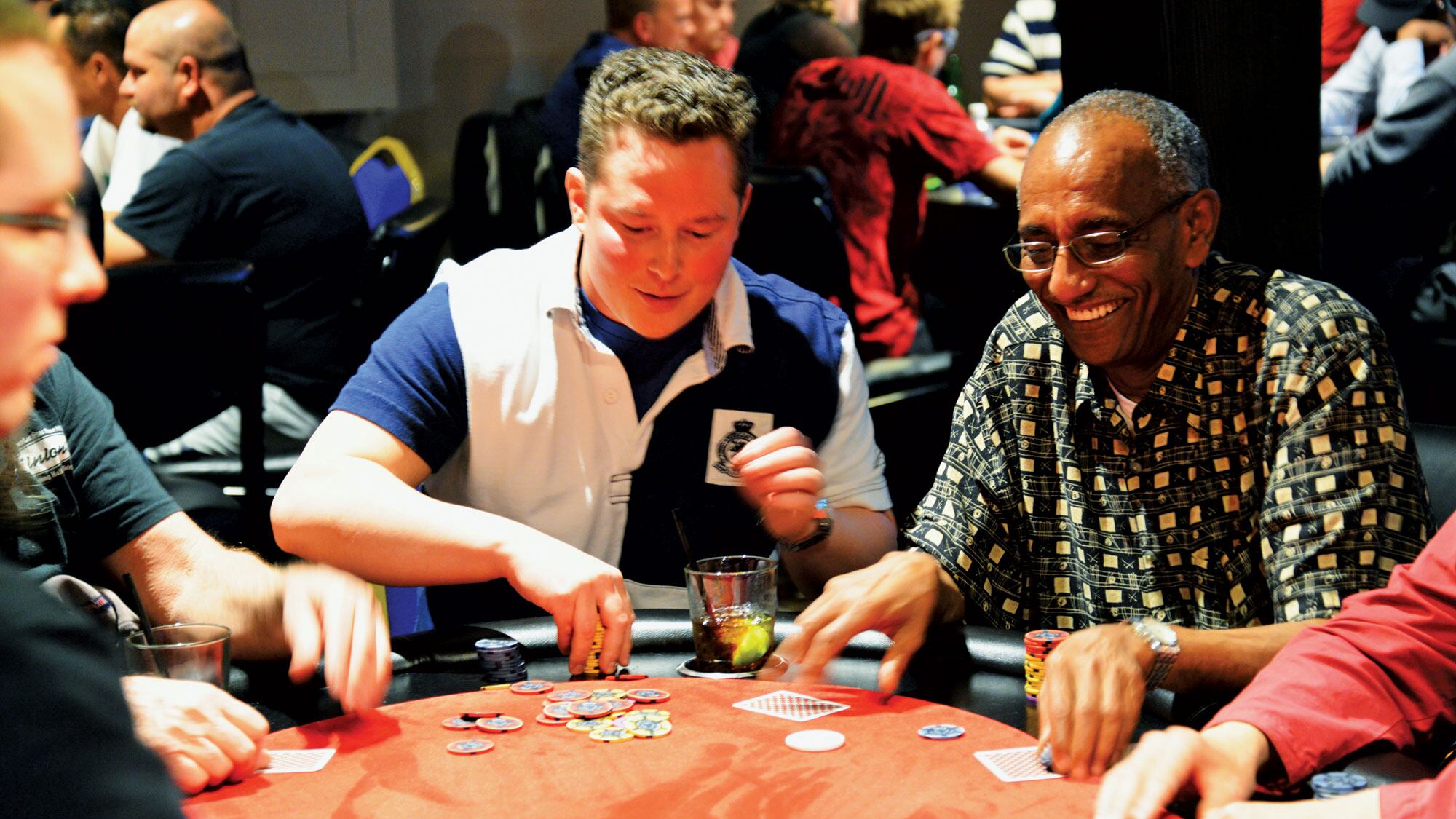Labor Commissioner Brad Avakian announced a final settlement in a long-running investigation of the now-defunct Encore Club, which until it abruptly closed last summer was the city's largest poker club.
At issue was whether the club's dealers were contractors, as the late John Ogai, Encore's owner and a dealer group argued, or employees, as the Bureau of Labor and Industries investigation found they were.
"When workers are misclassified, it makes it much more difficult for them to enjoy basic workplace protections," said Labor Commissioner Brad Avakian in a statement.
The common practice at Encore and at the city's two largest clubs, Final Table and Portland Meadows, has been to have professional dealers run games and to get compensated through tips from players.
That practice runs afoul of the state's social gaming law, which prohibits professional dealers.
The Encore case became a flash point for the state's poker businesses, which have often operated in violation of state and city laws that prohibit professional dealers, bets of more than $1 and having the "house" act as a bank, exchanging chips for money.
After BOLI issued an initial finding last year that 59 dealers who worked at Encore met the definition of employees, the City of Portland notified Encore it was going to enforce rules more strictly. Encore owner John Ogai immediately shut down his club and later committed suicide.
But the poker clubs remain under pressure. In May, after an Oregon State Police investigation found Portland Meadows poker room violating state law, Oregon Lottery officials threatened to revoke the track's contract to have 10 video lottery terminals.
In the settlement agreement announced today, Encore and an affiliated dealers' group agreed to pay $10,000 penalty to BOLI. Agency spokesman Charlie Burr says although Encore no longer exists, the settlement should be a warning to other poker club operators.
"It sends a signal for how'll we'll interpret the laws," Burr says. "And it means that similarly situated workers are entitled to full wage and hour protections and civil rights protections."

